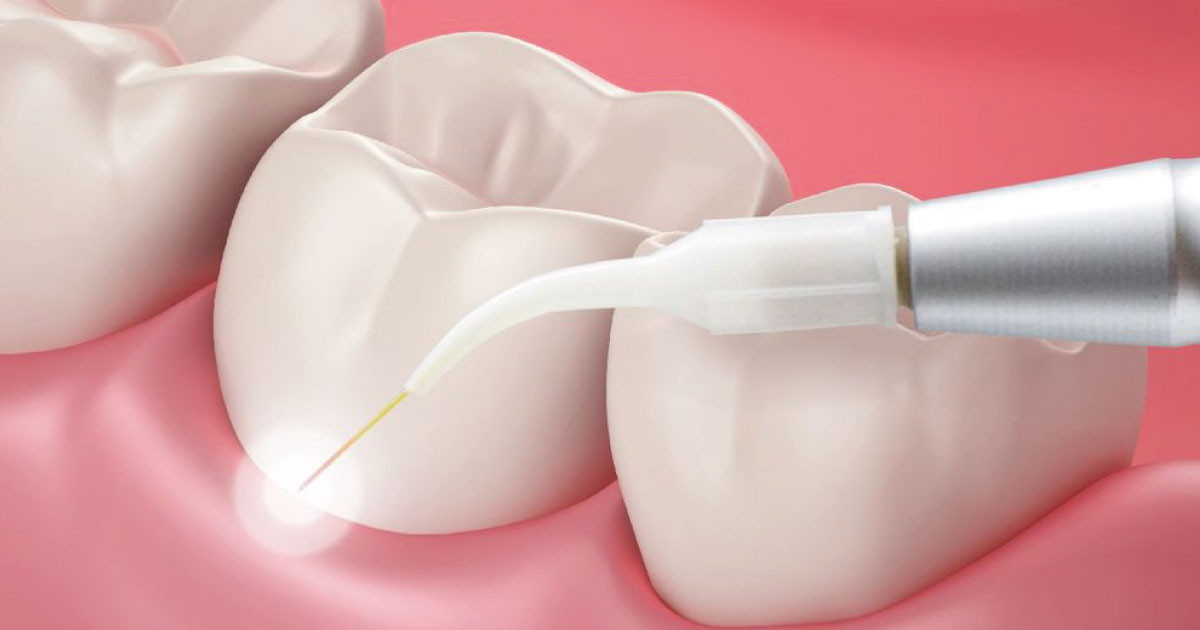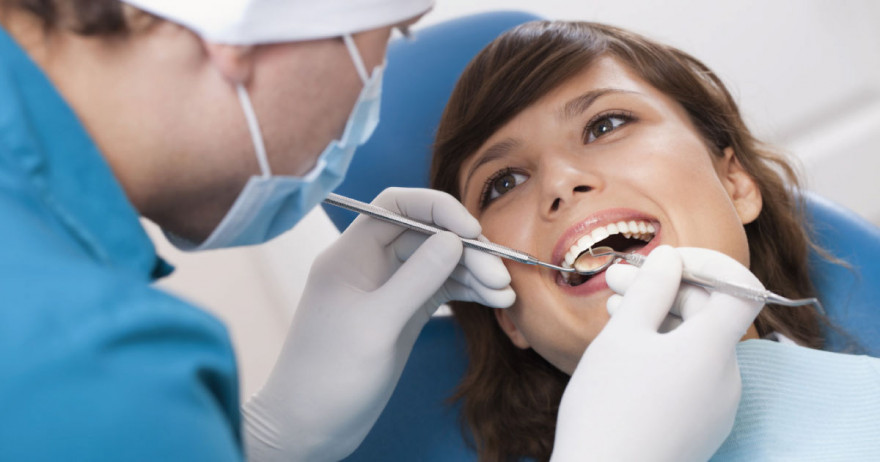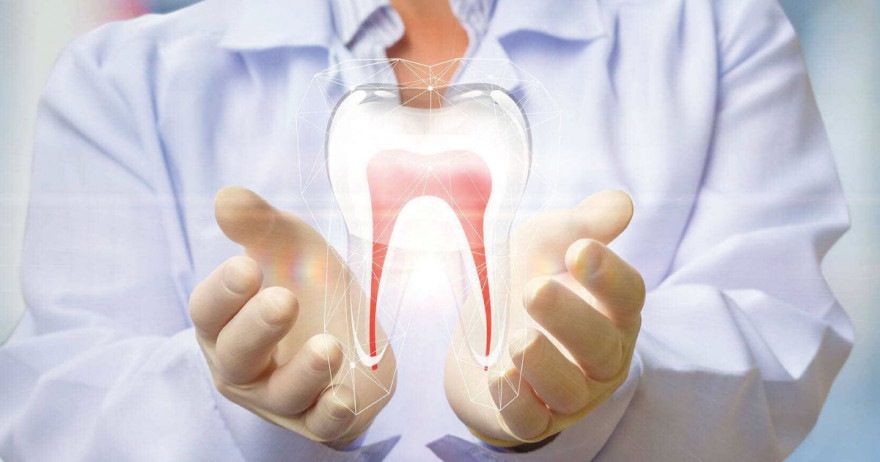Dental Periodontal Disease Treatment
Learn more about the steps for periodontal disease treatment from Dr. Lenia Paphos Dentist, Cyprus. Periodontitis or gum disease can be treated a number of ways.
The Symptoms.
You could be suffering from periodontal disease if you notice any of those symptoms: Pink, swollen gums Gum tenderness Bleeding gums Pain when you chew Loose teeth Bad breath Tooth sensitivity Gum recession All of these symptoms can indicate that your gums aren’t healthy. Get proper care as quickly as possible to make it easier to reverse your periodontal disease.
Treatments.
Recommendations.
-Here are some useful recommendations that will help you Keeping your teeth and gums healthy after treatment.
Periodic periodontal cleanings help you stay on top of your gum disease.
Once your gum disease is under control, it is very important for you to get dental care on a consistent basis. The periodic cleanings recommended after these treatments are called periodontal maintenance care. These cleanings are more extensive than the standard cleaning and will help you keep your gums healthy. Your periodontal maintenance involves cleanings that are deeper than a normal cleaning in the dental office. With periodic maintenance, the amount of plaque bacteria is lowered. Then, the inflammation can get better, pockets can shrink and your gums can become healthier.
Your gum disease won’t go away on its own.
Once your gum disease is brought under control, it is very important that you get dental care on a periodic basis. You have a better chance of keeping your teeth if you do. Your gum disease may get worse if you don't!
Plan for more visits to the dentist.
You will need to see your dentist more often than other people. The pockets and other issues from your gum disease will make it harder for you to clean plaque from your teeth.
Your dentist will talk to you about a treatment plan that works best for you, and he or she will recommend a maintenance care schedule that is based on your personal case. Over time, fewer appointments may be necessary. Once your gums are healthy, your dentist will determine a maintenance schedule based on your clinical evaluations. Medication. You may also need special medications than can help control the infection and pain or to help your gums heal. The medicine could be a pill, a special mouthrinse, or a medication that your dentist places directly into the pocket right after scaling and root planing.
Medication.
You may also need special medications than can help control the infection and pain or to help your gums heal. The medicine could be a pill, a special mouthrinse, or a medication that your dentist places directly into the pocket right after scaling and root planing.
You may have sensitive teeth and gums after your treatment.
Your teeth and gums may be sensitive after your treatment. This soreness may make you want to avoid cleaning the treated areas. But it’s important to follow your dentist’s instructions on home care! If plaque is not removed, root decay may form. Talk with your dentist or hygienist if a special toothpaste or other treatments can lower your tooth sensitivity.
Keep up your oral care at home.
It is very important that you brush and floss every day - especially if you are healing from gum disease.
Brush two times every day for two minutes each time. Use a toothbrush with soft bristles and a toothpaste with fluoride (FLOOR-ide). Fluoride is a mineral that helps keep teeth strong.
Clean between your teeth every day to remove plaque and bits of food from in between your teeth. If your gums have pulled away from your teeth, it may be best to use special tiny brushes, picks or wider types of floss and picks to clean between your teeth.
Your dentist may also recommend regularly using a specific mouthrinse.
Ask to your dentist on all of your dental care products. All our products met standards for safety and effectiveness.
Don't Use Tobacco!
Smoking, chewing, vaping and dipping puts you at a higher risk for cancer and other life-threatening diseases. Tobacco use also can make gum disease worse and make it harder to treat it. If you use tobacco, ask your dentist or physician for information about how to quit.





